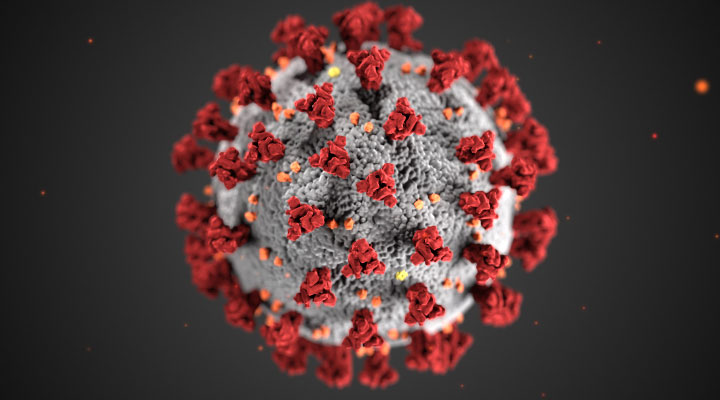Immunizations

Vaccinations are a highly effective, easy way to keep people healthy. On-time vaccination throughout childhood is essential because it helps provide immunity before children are exposed to potentially life-threatening diseases.
Adults need to keep their vaccinations up to date because immunity from childhood vaccines can wear off over time. You are also at risk for different diseases as an adult. Vaccination is one of the most convenient and safest preventive care measures available.

Get Vaccinated Now for COVID-19
If you are age 5+, you are eligible to receive the COVID 19 vaccine.
What diseases do vaccines protect against?
This resource is supported by the Health Resources and Services Administration (HRSA) of the U.S. Department of Health and Human Services (HHS) as part of an award totaling $148,587 with 0% financed with non-governmental sources. The contents are those of the author(s) and do not necessarily represent the official views of, nor an endorsement, by HRSA, HHS, or the U.S. Government. For more information, please visit HRSA.gov.

